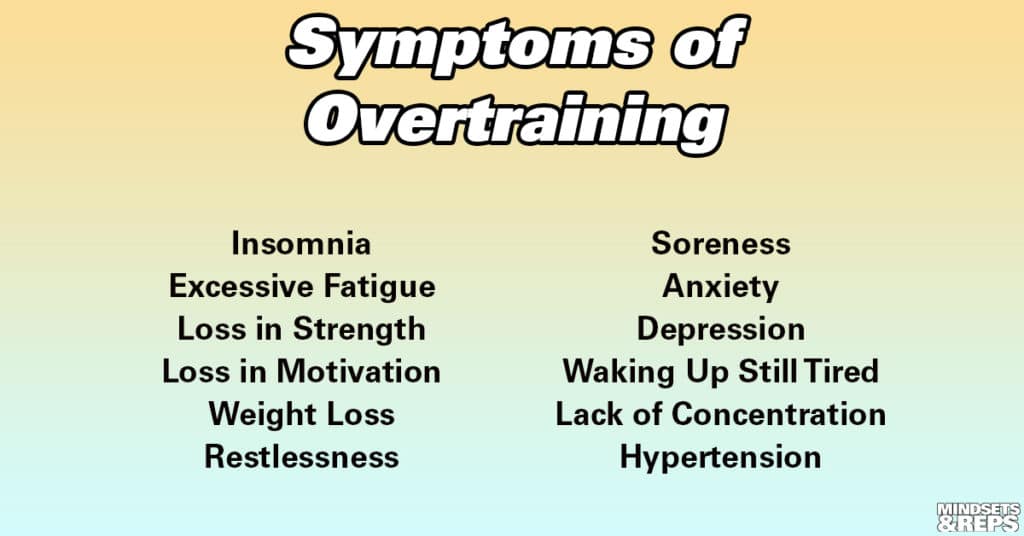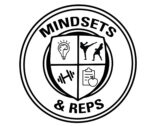
It’s not uncommon for people to go straight to the gym after work. In fact, you could argue that the gym is at its busiest between the hours of 6 and 8 p.m.
Logic would suggest that after a grueling workout it would be easy to go right to bed. Your muscles are fatigued and it’s getting late. It only makes sense to fall right asleep.
But if you’re reading this, odds are this isn’t the case. You may have spent the last few nights lying on your back, staring at the ceiling wondering why you can’t sleep. How could it be that someone can perform a 2-hour full body workout and not be able to get some much needed shut eye?
The reason could lie in what you take before training, how much you’re working out, and how muscle contractions work.
Caffeine
Let’s get the obvious answer out of the way first. Many people take pre-workout supplements for energy which contain caffeine, yohimbine, or other stimulants. Caffeine has a half-life of about 6 hours. If you consume a pre-workout supplement at around 5 on your way to the gym, then that caffeine is still in your system at 11 p.m. even though you may not feel the effects of it.
Caffeine provides energy using multiple pathways. Caffeine works in the brain by blocking adenosine receptors. Over the course of the day adenosine attaches to these receptors and you become tired. Caffeine and adenosine are similar molecularly, so caffeine basically gets to these receptors before adenosine can, thus delaying fatigue.
In addition, caffeine can also increase energy due to its effects on adrenaline. Adrenaline is naturally released in response to stress. The fight or flight response goes hand-in-hand with an increase in adrenaline. While there is technically no external stress, caffeine causes a faux adrenaline response but still an adrenaline response at that.
Caffeine is one of the best performance enhancing supplements out there, but with anything there is some drawback. Using caffeine over time leads to tolerance, and an individual will have to take more in order to get the same effect. This can make the anti sleep effects even worse.
Far be it from me, a caffeine lover, to tell anyone to take a break. However, if you are not getting the effects of caffeine due to tolerance and experiencing poor sleep, then that’s basically a double whammy. Taking some time away from any stimulants will reset your sensitivity. When you return you should experience better energy levels when supplementing with caffeine, ideally at a lower dose.
Exercise Stimulation
Most people don’t know that exercise starts in the brain. Let’s say you’re performing a bicep curl. The brain sends a signal to the muscle telling it to contract. This is the case for all exercises.
Think about it this way: remember the first time you unracked a barbell from the bench press? Your arms were probably shaking even if the weight wasn’t extraordinarily heavy. This is because the brain to muscle signaling wasn’t efficient yet. Over time, the movement became much more natural to you.
But to this day, even if you are an advanced trainee, you will likely notice that the first few reps of an exercise still seem less fluid than the subsequent reps. So, the mind muscle connection becomes more efficient not only in a long-term, but within a singular workout.
All of this is an illustration to show how much the brain is involved during exercise. There’s quite a bit of stimulation going on. Naturally, it’s hard at times to just “turn off” your brain after a long workout. Some people call it being “wired” after the workout.
This is the case for all sports and skills. Everything starts with a signal from the brain to the working muscle. And just like exercise, the signal becomes more efficient over time. Think about a musician who effortlessly plays piano or basketball player who can hit jump shot after jump shot in an empty gym. This comes after years and years of practice.
Overtraining
Overtraining is a term that simply means excessive exercise and inadequate rest over a long period of time. There are no definitive measures to calculate if one is overtrained, but people typically look at the symptoms of overtraining to determine whether they are experiencing it or not. In an ironic twist, one symptom of overtraining is insomnia. How cruel to think that we are incapable of getting the one thing we need most, sleep, in this instance.
This effect is not so much related to the time of day you work out as it is to the workout itself. Short-term overtraining is okay. In fact, there is another term for short-term overtraining called overreaching. To some degree you need over-reaching to make progress. However, too much can lead to deleterious effects both physically and mentally.

Possible Solutions
Now that we’ve outlined the potential causes of insomnia due to training, let’s try to solve the problem. The first steps are obviously to avoid excessive caffeine prior to exercise and long-term overtraining. In addition, after your workout it’s a good idea to go for a short 5 to 10 minute cool down on a piece of cardio equipment. The cardio should be very light, no more than a brisk walk or light cycling. The purpose is to steadily lower your heart rate and get systemic blood flow throughout the entire body to remove lactic acid. From a mental perspective, it’s a good way to slow everything down, relax, and collect your thoughts.
The cool down is also designed to limit DOMS, or delayed onset muscle soreness. In some cases the reason you can’t sleep is because you can’t get comfortable due to excessive muscle stiffness and soreness.
The next tactic has to do with diet. Carbohydrates increase serotonin, a neurotransmitter linked with well-being and relaxation. Shifting your carbohydrates to night time may help with getting more restful sleep. Of course you shouldn’t necessarily increase your carb intake, you are just strategically placing them to night. Since it’s a good idea to have carbohydrates post training anyway, you’d be killing two birds with one stone.
